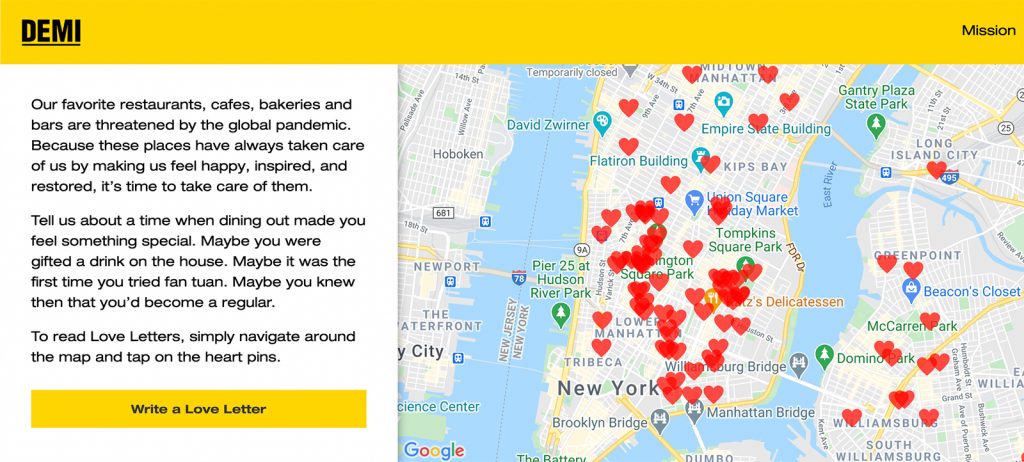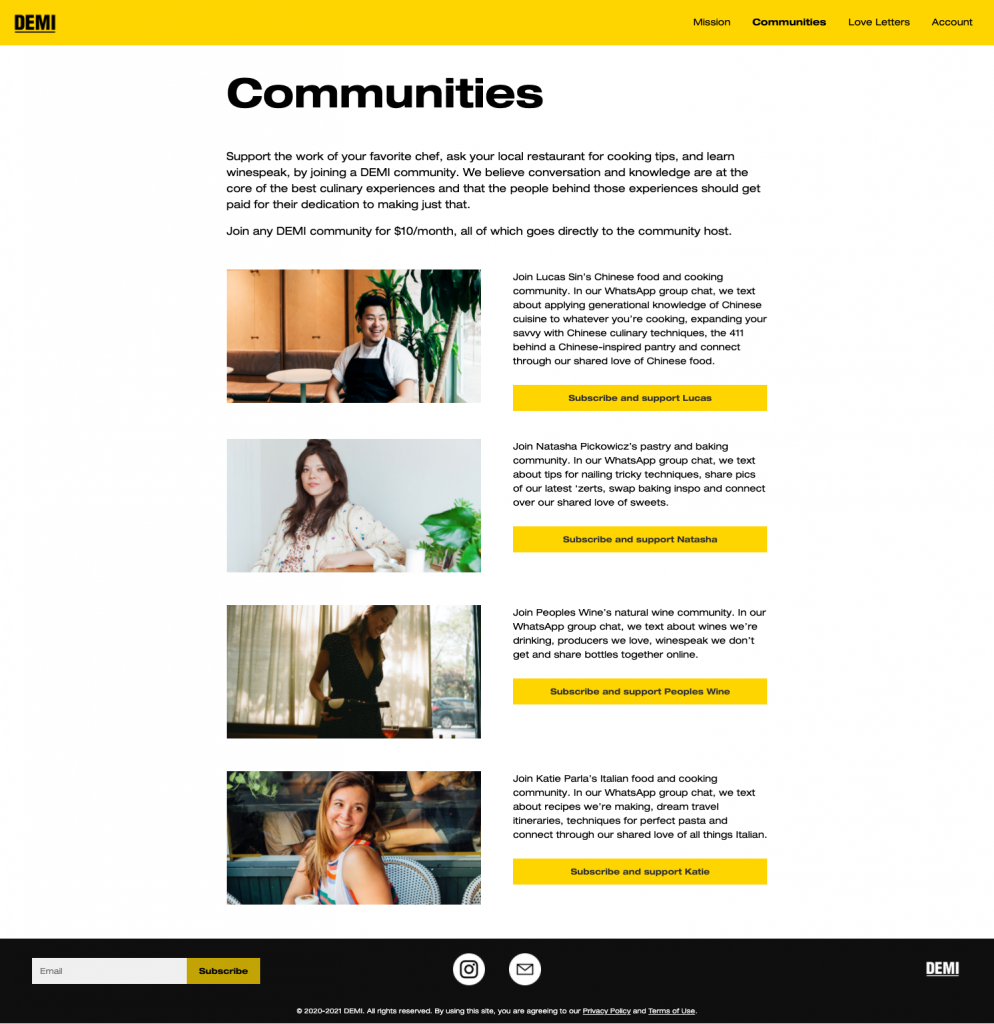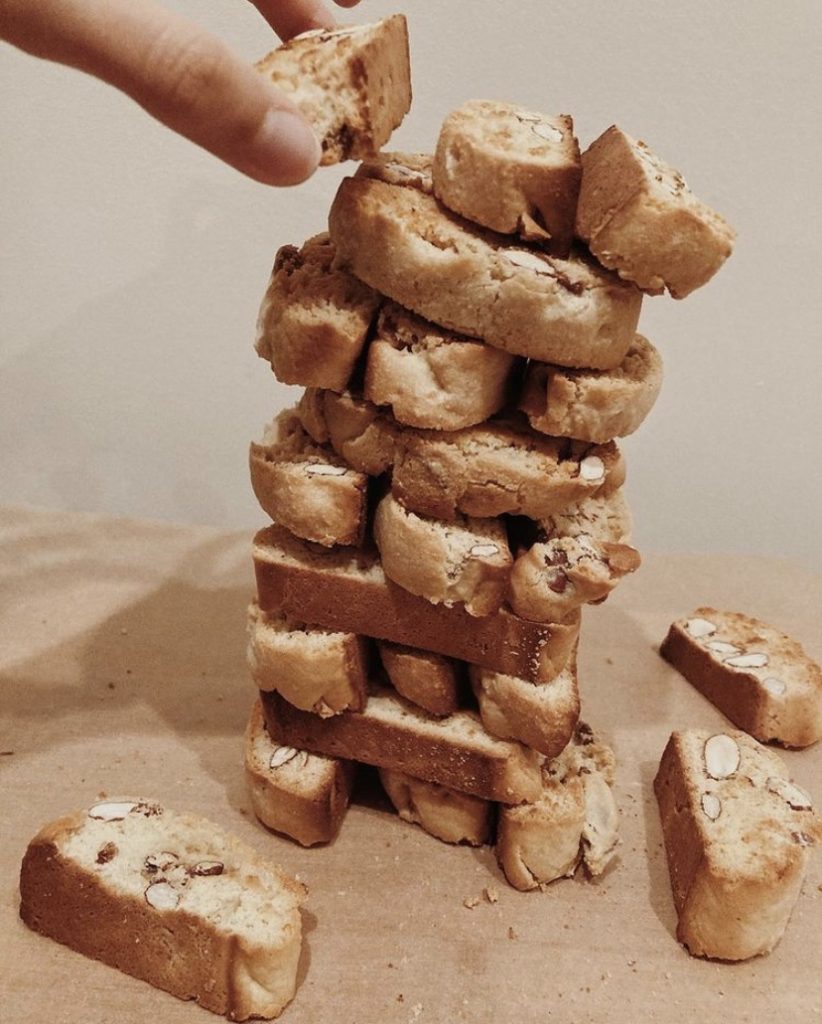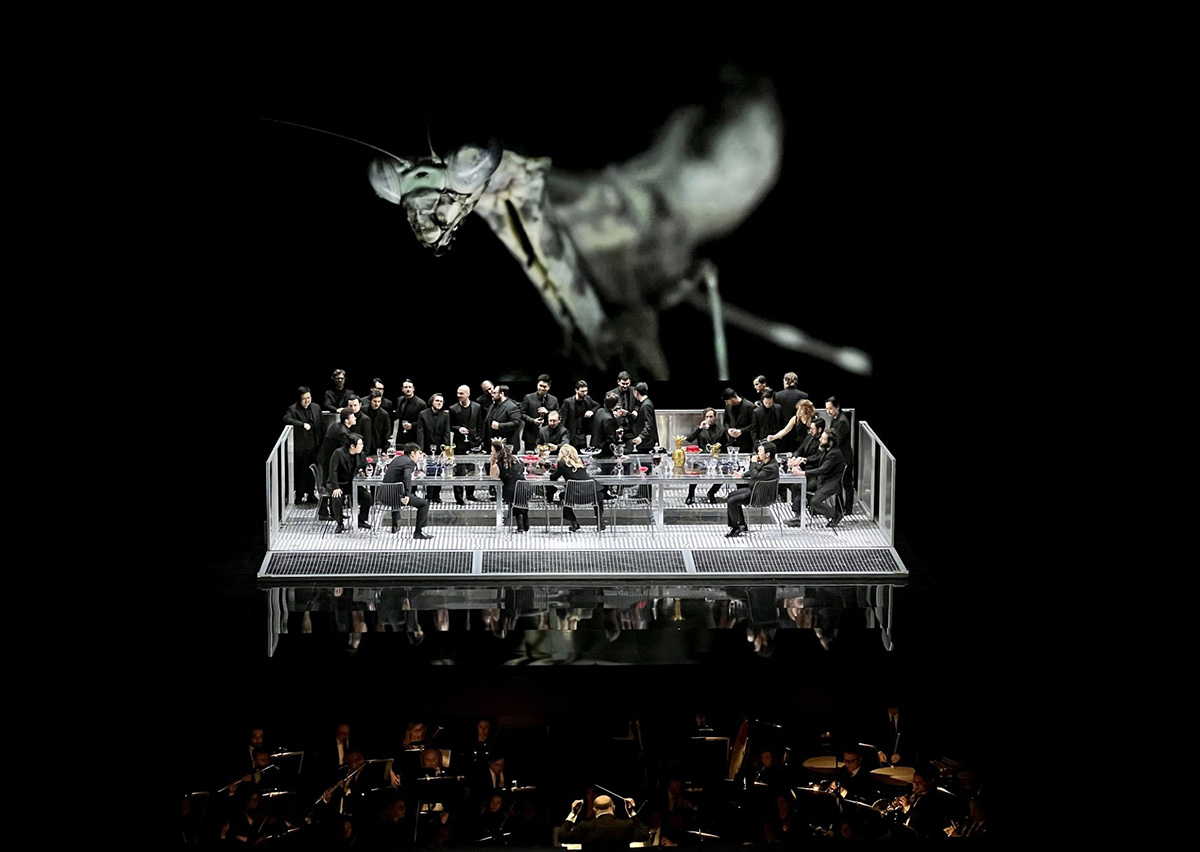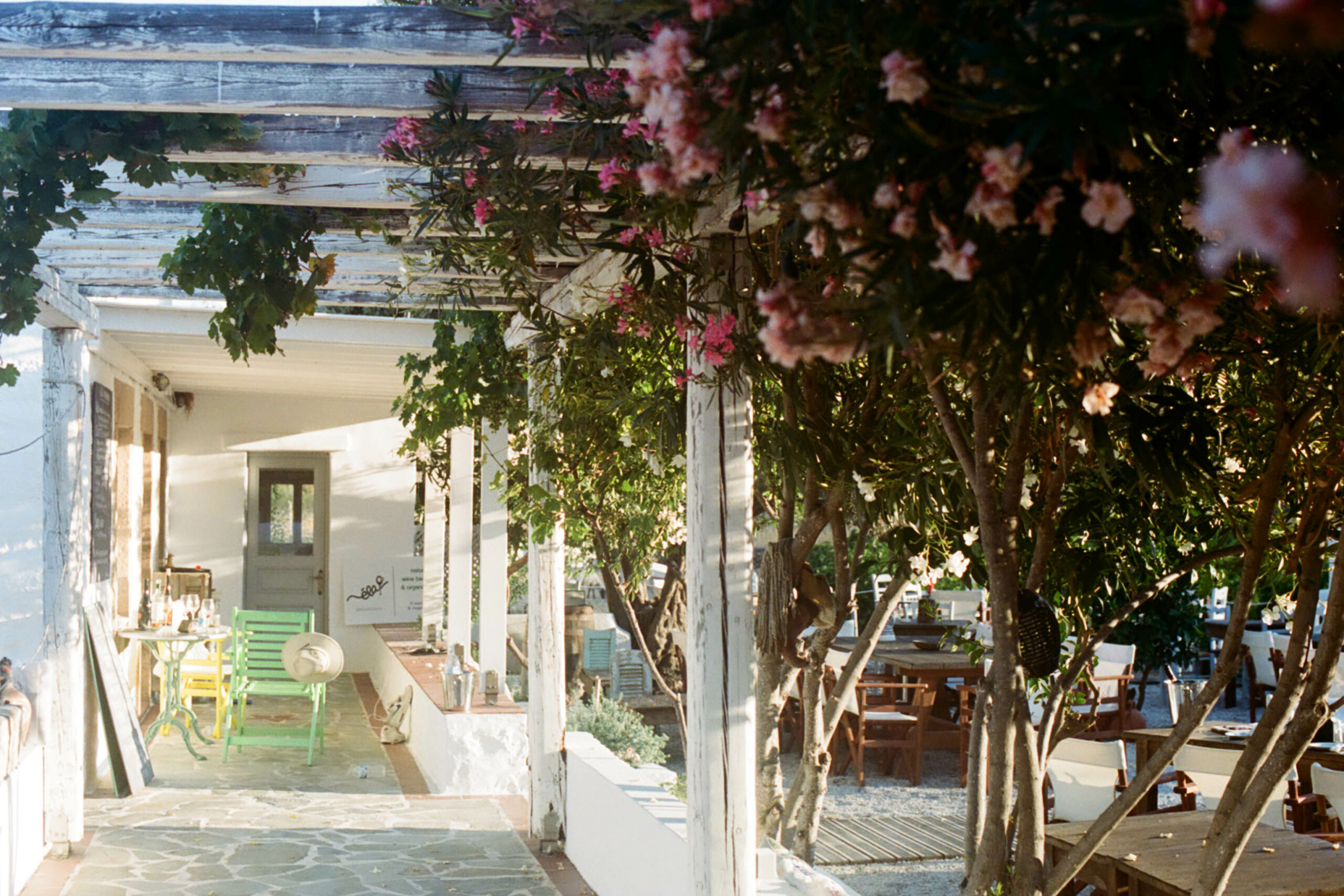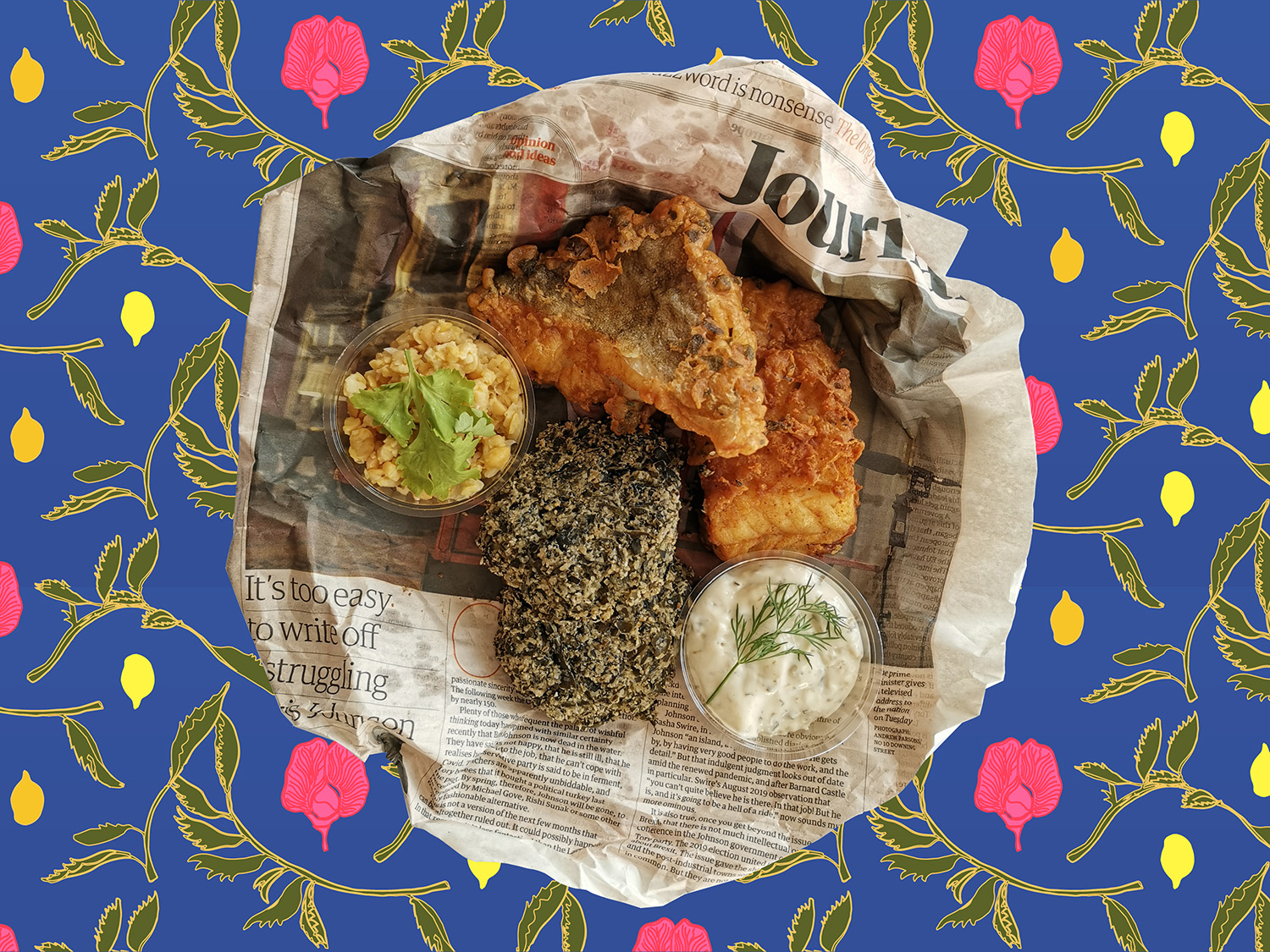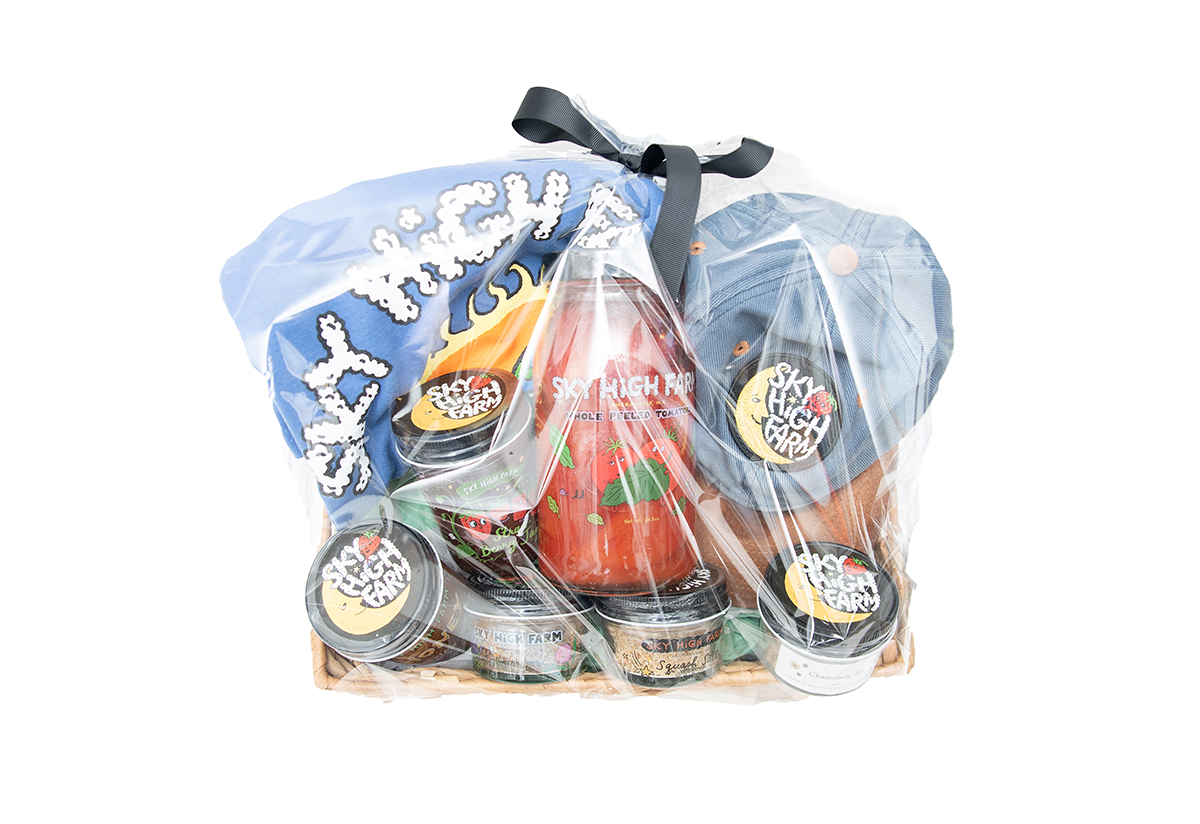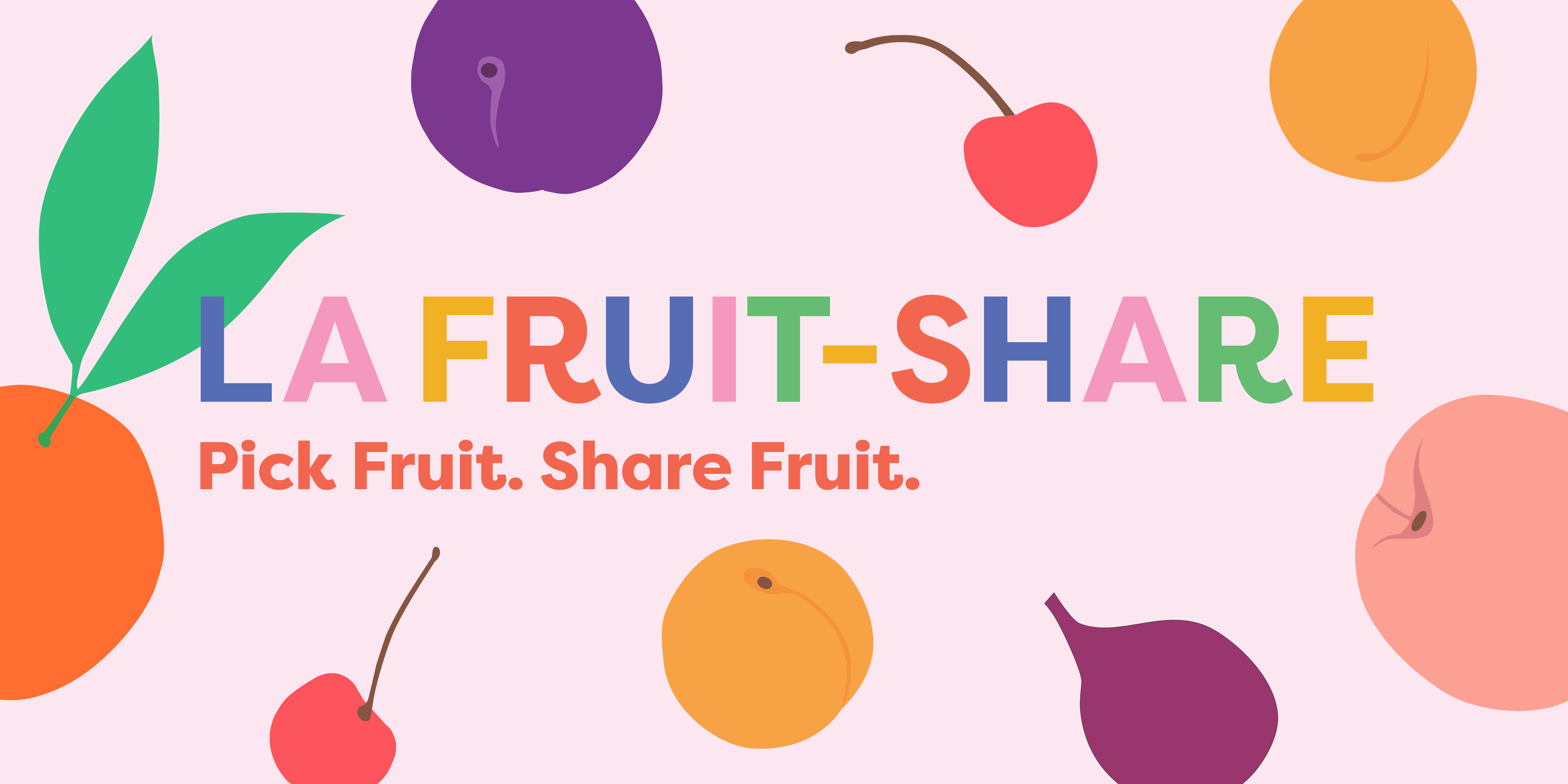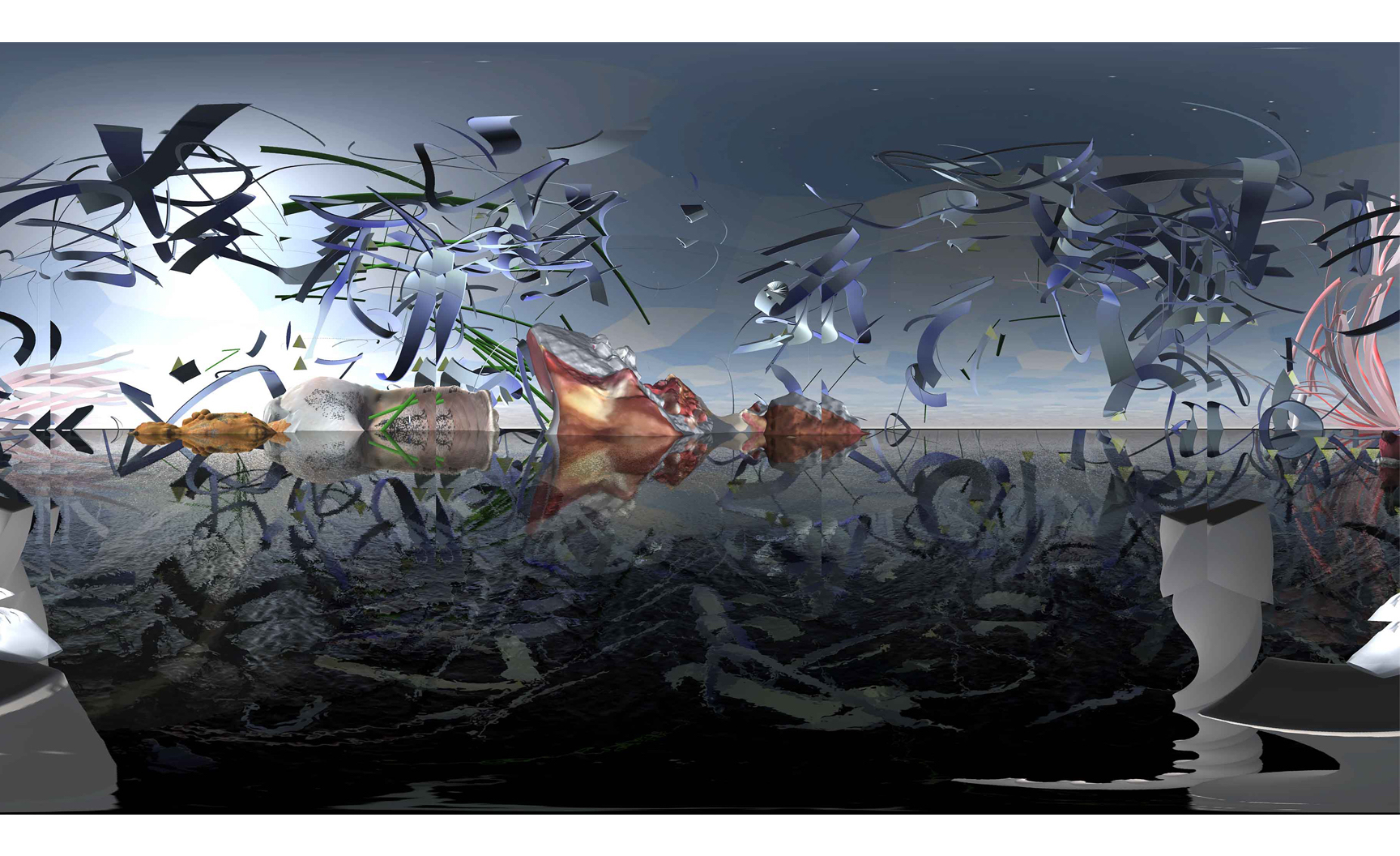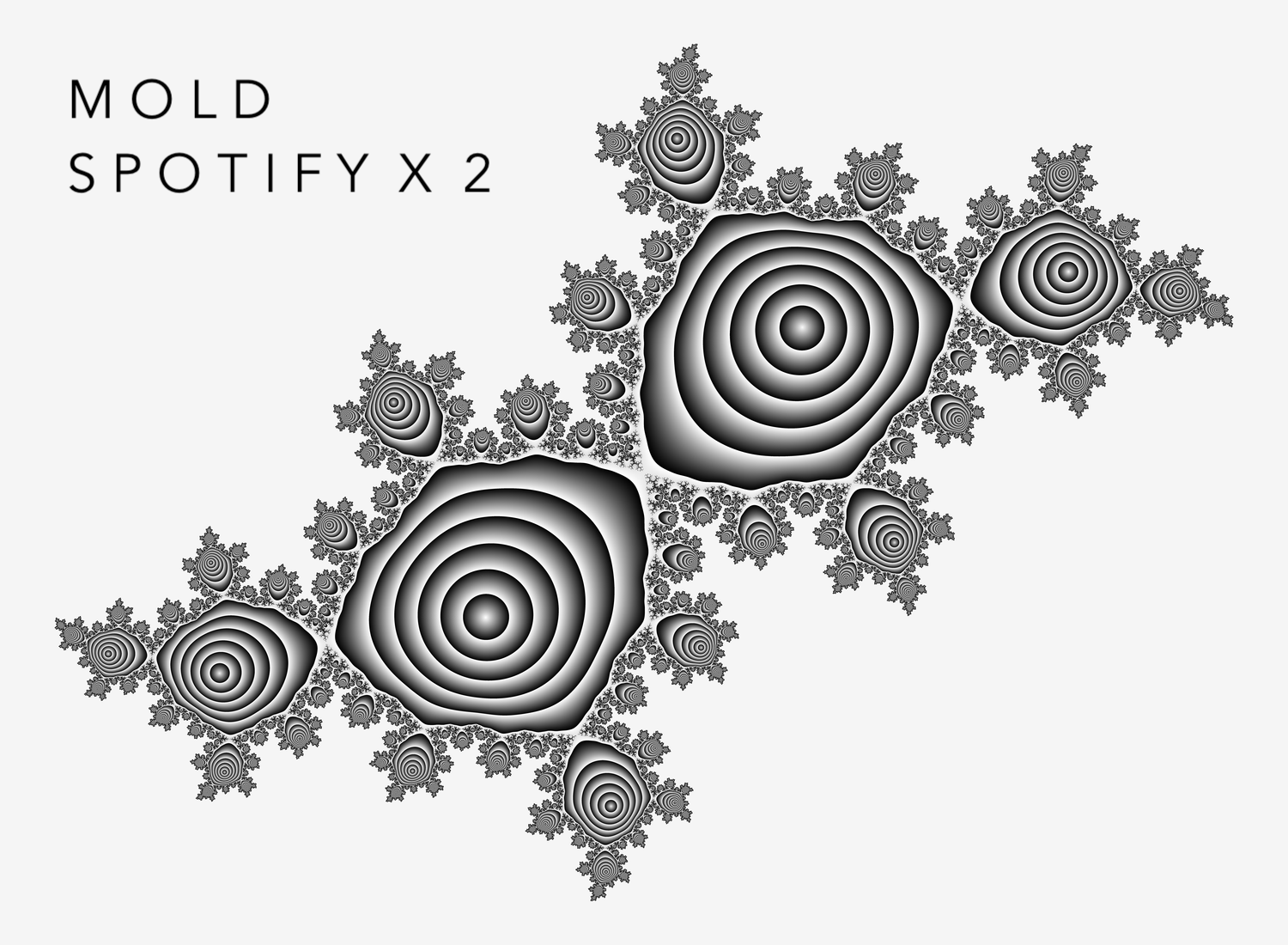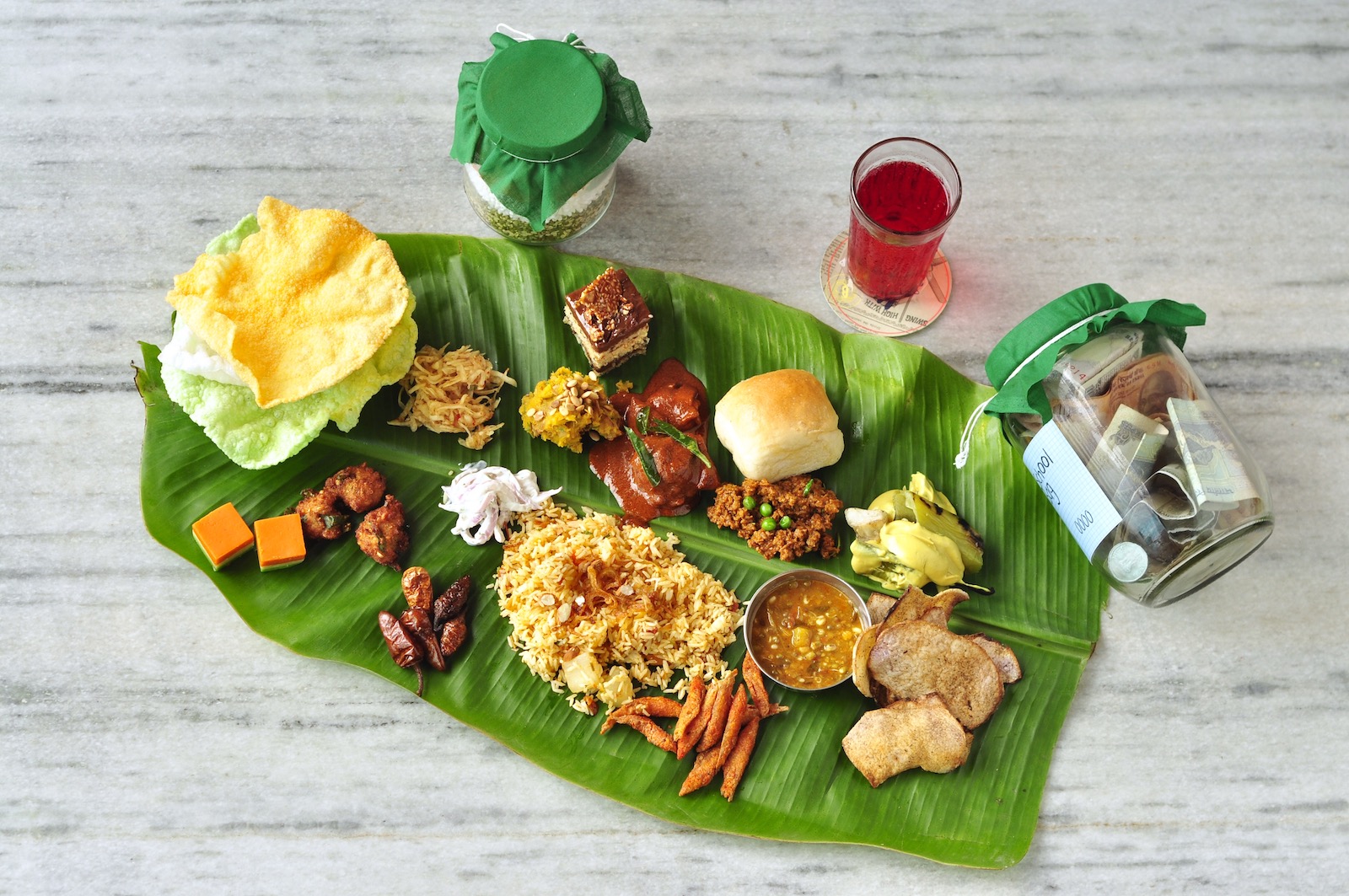At the onset of the pandemic, many restaurants and chefs moved online, bringing their expertise to virtual cooking classes and social media platforms. The chef-as-influencer model is not new, rather it has become another increasingly necessary tool in the belt for food professionals to make a living. As the future of restaurant dining remains uncertain, it has become clear that social media’s expanding role in the food industry is here to stay. Amidst this content churn is DEMI, a new digital platform seeking to prioritize community and authentic connection between restaurants, chefs, and food enthusiasts.
For founder and Empirical Spirits-alum, Ian Moore, DEMI aims to amplify food’s inherent ability to bring people together, “What I miss about restaurants is the people—the community, the noise, going to the bar and meeting someone, communication. I was wondering if we could take that and expand that beyond the four walls of the restaurant…[With DEMI], I really wanted to build something that was hopefully a more meaningful way to connect , something that could get chefs paid also.”
DEMI first launched in December 2020 with the debut of Love Letters. The simple feature creates a public forum for food workers, regulars, and one-off visitors alike to submit odes to their favorite establishments across the world. Panning across the heart-dotted map, one can find mouthwatering descriptions of favorite dishes and anecdotes about the memories and routines that elevate establishments from mere gathering spaces to community. The Love Letters also serve as a reminder of the toll the ongoing COVID-19 crisis has taken on the food industry, some reviews serving as memorials to restaurants and bars that have since closed.
Building off of the success of Love Letters, DEMI has rolled out DEMI Communities, a way for people at home to connect with their favorite chefs and fellow food enthusiasts over food recommendations, recipes, and cooking tips. For $10 a month, participants are able to join a themed group chat hosted on WhatsApp, with all proceeds going directly to the chef or host. Current community themes run the gamut from discussions on natural wine with the founders of People’s Wine in New York City to explorations in Italian cooking with the Rome-based journalist and cookbook author Katie Parla.
Like all communities, each group has taken on a life of its own, interpreting the platform’s emphasis on collaboration in different ways. Most recently, New York-based pastry chef Natasha Pickowicz’s buzzing baking and pastry community, aptly titled A Never-Ending Salon, collectively made biscotti. After exchanging a flurry of personal recipes and tips, group members of all skill levels had produced their own spins on the cookie with flavors like cornmeal nougat and cherry pistachio with fennel seed.
For Junzi’s Lucas Sin, who hosts the Chinese-ish Cooking Club community, the Communities model interrupts the creator to content-consumer pipeline, “The whole thing with this group chat is that it needs to be more flat, more democratic, with other voices as important and I really like that,” he tells MOLD.
According to Sin, a recent discussion centering Chinese cooking in a health food landscape dominated by Western cuisine could have only happened on DEMI, “For me it is honest and frank and it doesn’t have to be a curated thing. I could never imagine going on Instagram and saying, ‘Hey I’m Lucas, I’m a chef, and I’m trying to eat 1600 calories a day,’ and trying to say something intelligent about it. [At DEMI] I’m allowed to not be intelligent about it and to hear other people’s voices.”
The pandemic has necessitated a digital migration that has changed how we consume and interact with food culture. With social media timelines saturated with content, Sin argues that DEMI skirts symptoms like Zoom fatigue by offering a thoughtful approach to virtual community building, “There is a short term shift toward home cooking away from restaurants, but it doesn’t mean that restaurants have lost any power in terms of storytelling. People still look to chefs as people who have knowledge and I think that what DEMI has done is create a sustainable way for people to engage.”
In a recent study, the U.S. Travel Administration found that the hospitality industry has been one of the hardest hit sectors during the pandemic, with workers in the leisure and hospitality industry accounting for 40% of the national unemployment rate. Moore hopes to expand DEMI as an inclusive platform that provides opportunity amidst precarity. “I don’t want to build something that services just 1 percent of celebrity chefs; we’re hoping it will be broader and suitable to people from all different walks of life, to lower the barrier of entry to people making a career in food…The vision here is to put community at the center of the hospitality industry as a whole and provide a platform for as many people as possible to connect and provide an avenue for as many people as possible to earn a living.”
